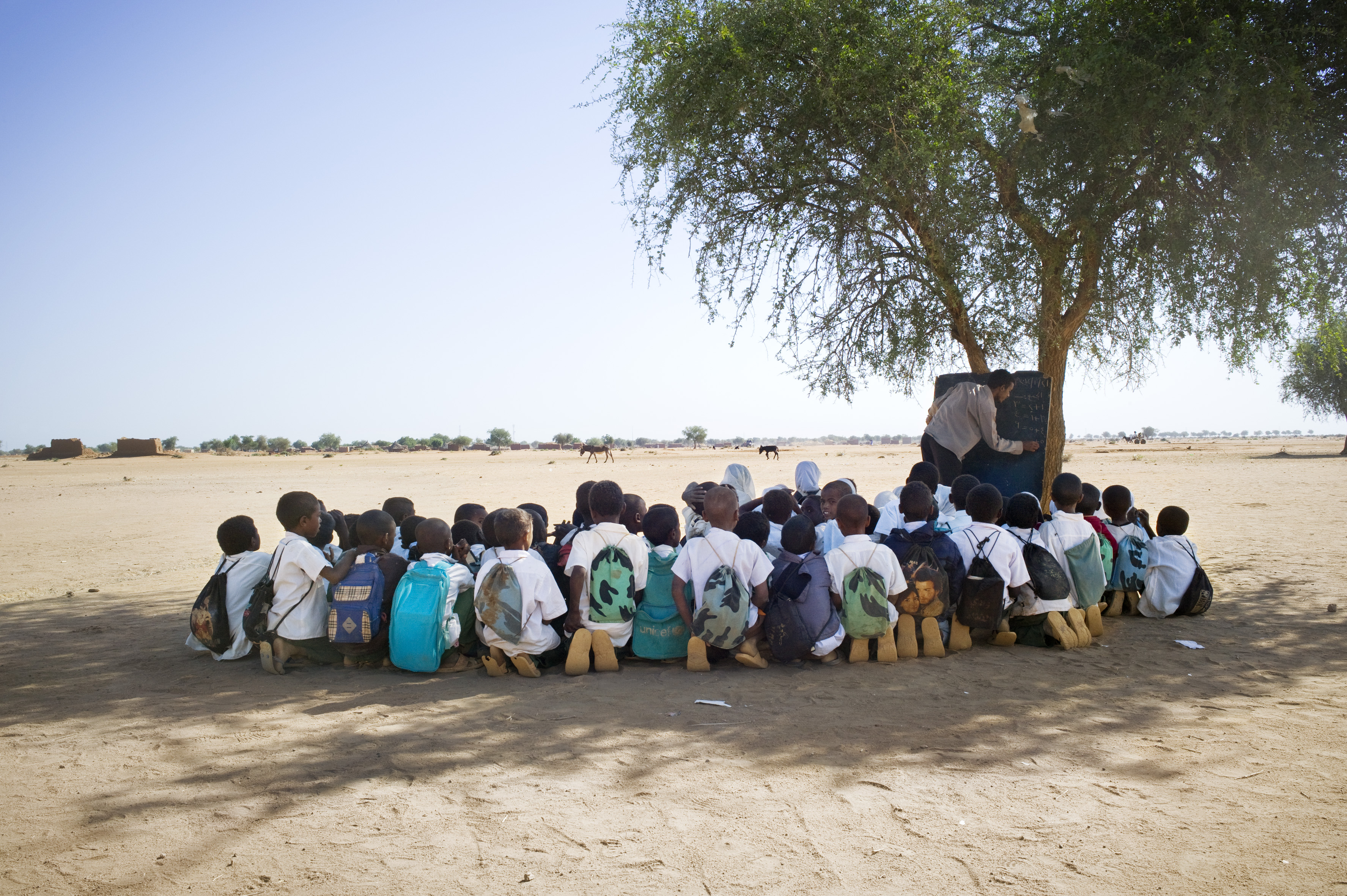
Policies
Improving Access to Education for Conflict-Affected Children in Northeast Nigeria
Context and Issue
In Nigeria, the education sector is struggling with significant challenges exacerbated by the humanitarian crisis stemming from poverty, food insecurity, climate change-related disasters, and the Boko Haram insurgency. Despite being a fundamental human right, education has been largely neglected in the humanitarian response to these crises, particularly in the conflict-affected regions of Northeast Nigeria. With an estimated three million children in need of education in the affected states and over 700,000 children displaced, the situation is dire. The insurgency has not only disrupted schooling but also resulted in the loss of family members and exposure to extreme violence. Additionally, the COVID-19 pandemic further compounds these challenges, potentially widening existing inequalities and increasing protection risks for children and adults alike.
Solution
A two-year project was initiated to address the plight of conflict-affected out-of-school children in Borno, Adamawa, and Yobe States (BAY states) in Northeast Nigeria. These areas have been severely impacted by non-state armed groups, particularly Boko Haram. The project focused on enrolling vulnerable out-of-school children aged 7 to 14, including returnees forcibly displaced by the insurgency. Its primary aim was to increase enrollment in non-formal education centers and facilitate the transition of these children into the formal education system. The project also prioritized measures to enhance children's safety while commuting to and from school and on school premises. Moreover, support was provided to low-income families through income-generating activities to ease the financial burden of education.
Impact
The project achieved significant success in its objectives, surpassing its enrollment target by 8% and meeting or exceeding 89.6% of its set targets. It successfully enrolled vulnerable out-of-school children in non-formal education centers and supported their integration into formal schooling. Furthermore, measures implemented to improve children's safety during their commute and at school were effective. Additionally, support provided to low-income families through income-generating activities helped alleviate financial constraints related to schooling. Overall, the project notably impacted the educational needs of conflict-affected children in Northeast Nigeria.
Analysis
Despite the complex challenges posed by the humanitarian crisis and the COVID-19 pandemic, the project demonstrated remarkable success in addressing the education crisis in Northeast Nigeria. The project effectively addressed a critical need in the conflict-affected regions by enrolling out-of-school children and supporting their transition into formal education. Its achievements in exceeding enrollment targets, meeting project objectives, and implementing effective safety measures show its significance in providing educational opportunities to vulnerable children.












